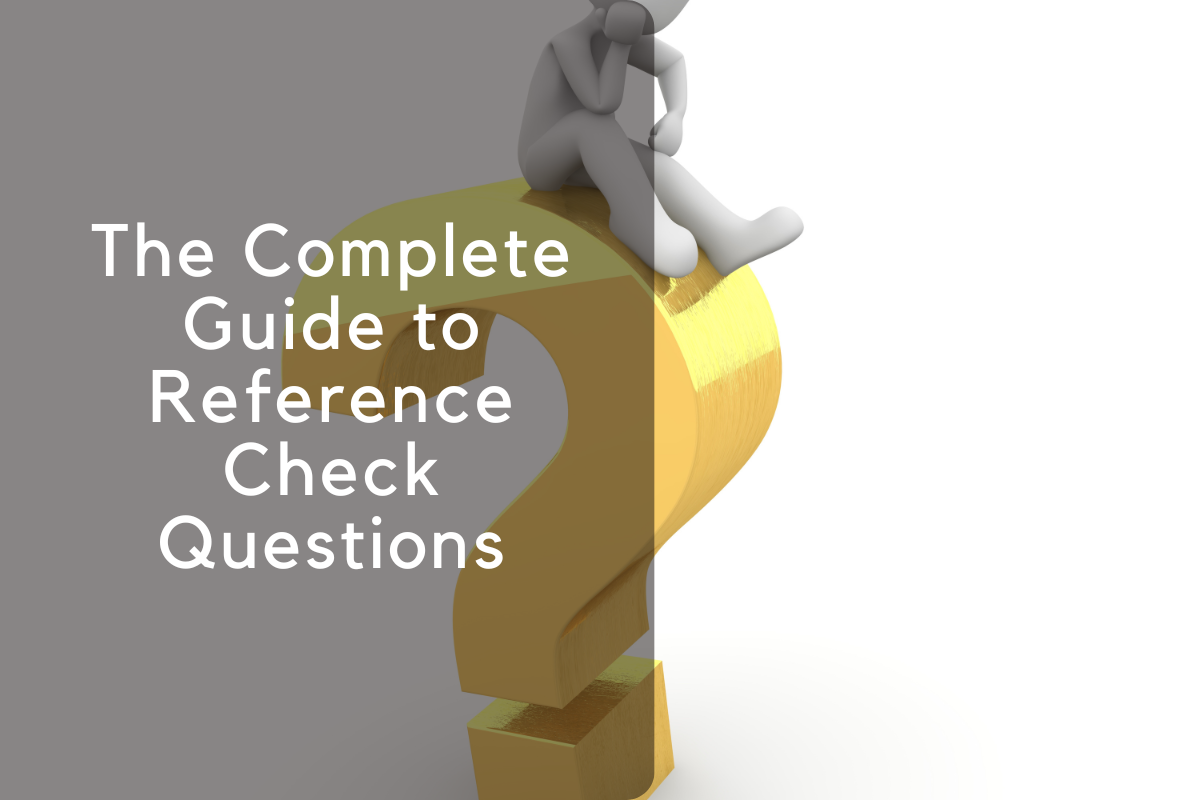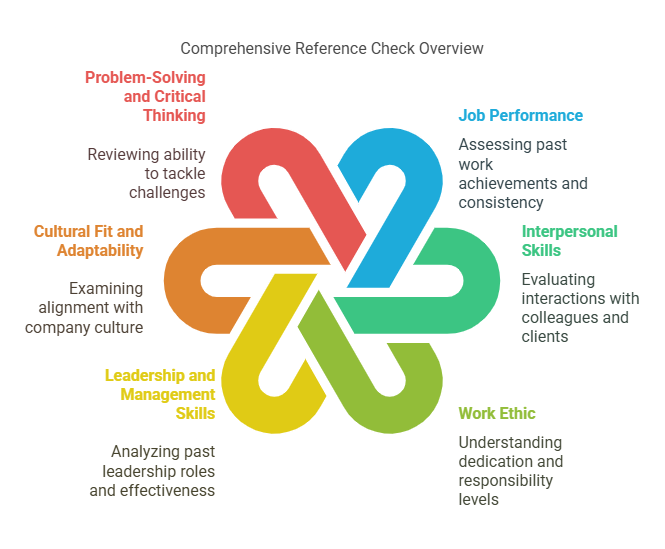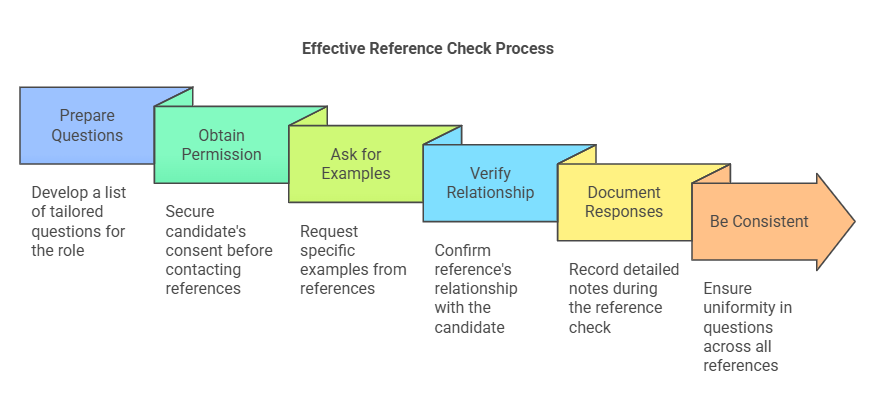What Are Reference Check Questions? Importance and Role in the Hiring Process

Introduction to Reference Check Questions
In the hiring process, reference checks are an essential step for employers seeking to validate the qualifications, work ethic, and character of a candidate. These checks involve contacting individuals who have worked closely with the candidate in the past—typically former employers, colleagues, or mentors—to gather insights about the applicant’s professional background and personal traits.
What Are Reference Check Questions?
Reference check questions are a set of inquiries made by an employer or recruiter to a candidate’s references to evaluate the candidate’s past job performance, interpersonal skills, reliability, and overall suitability for the position. These questions can provide valuable, objective insights that may not be visible on a resume or during an interview. The answers help employers make more informed decisions about whether a candidate is the right fit for their organization.
Reference checks are typically conducted after the interview process but before a job offer is made. By speaking to individuals who have firsthand experience working with the candidate, employers can uncover valuable information that might not have been disclosed during the interview or application process.
Why Are Reference Checks Important for Employers?

Reference checks serve several important purposes for employers:
- Verification of Qualifications: Employers use reference checks to verify the candidate’s job history, skills, and educational qualifications, ensuring the information provided is accurate and truthful.
- Assessing Job Performance: References offer insights into how the candidate performed in previous roles, highlighting strengths and areas for improvement.
- Confirming Cultural Fit: Through reference checks, employers can gain a better understanding of the candidate’s work style, interpersonal skills, and attitude, which are essential for determining if they align with the company’s culture.
- Risk Mitigation: Verifying the applicant’s background helps minimize the risk of hiring someone who might not be suitable for the role, either due to poor performance or behavioral issues.
- Building Confidence in the Hiring Decision: By gathering third-party feedback, employers can gain confidence in their decision-making process, reducing the likelihood of a bad hire.
How Reference Check Questions Are Used During the Hiring Process
Reference check questions are an integral part of the hiring process because they provide crucial context beyond a candidate’s resume or interview responses. Employers typically use these questions to validate information presented by the candidate and gather a more comprehensive understanding of their qualifications, strengths, and potential red flags.
- Pre-Hire Screening: After an applicant passes initial interviews and assessments, employers reach out to references to confirm the applicant’s professional abilities and work habits.
- Finalizing Hiring Decisions: Employers use the answers from reference check questions to help finalize hiring decisions. The feedback received from references can either strengthen or weaken the case for hiring a particular candidate.
- Improving Future Hiring Decisions: By learning more about the type of candidates who succeed in specific roles, employers can refine their hiring practices and improve their recruitment strategy over time.
The Value of Reference Checks for Verifying Candidate Qualifications

Reference checks are a key element in verifying the qualifications and credibility of a candidate. While resumes and interviews provide a good overview of a candidate’s experience, reference checks offer an additional layer of verification.
- Ensuring Accuracy: Reference checks help verify the details shared by the candidate, such as job titles, dates of employment, and specific achievements. Sometimes candidates may embellish their experience, so speaking to a reference can clear up any inconsistencies.
- Validating Soft Skills: While it’s easy to showcase hard skills like technical abilities on a resume, soft skills such as communication, leadership, and teamwork are often harder to assess. Reference check questions allow employers to gain a more rounded view of the candidate’s behavior and interpersonal dynamics, which are crucial for success in most roles.
- Getting a Holistic View: Reference checks allow employers to get insights into aspects that interviews might not cover, such as how a candidate handles conflict, works under pressure, or fits into a team environment.
By integrating reference checks into the hiring process, employers ensure that the candidate is the best possible fit for the role, both in terms of skills and cultural alignment.


